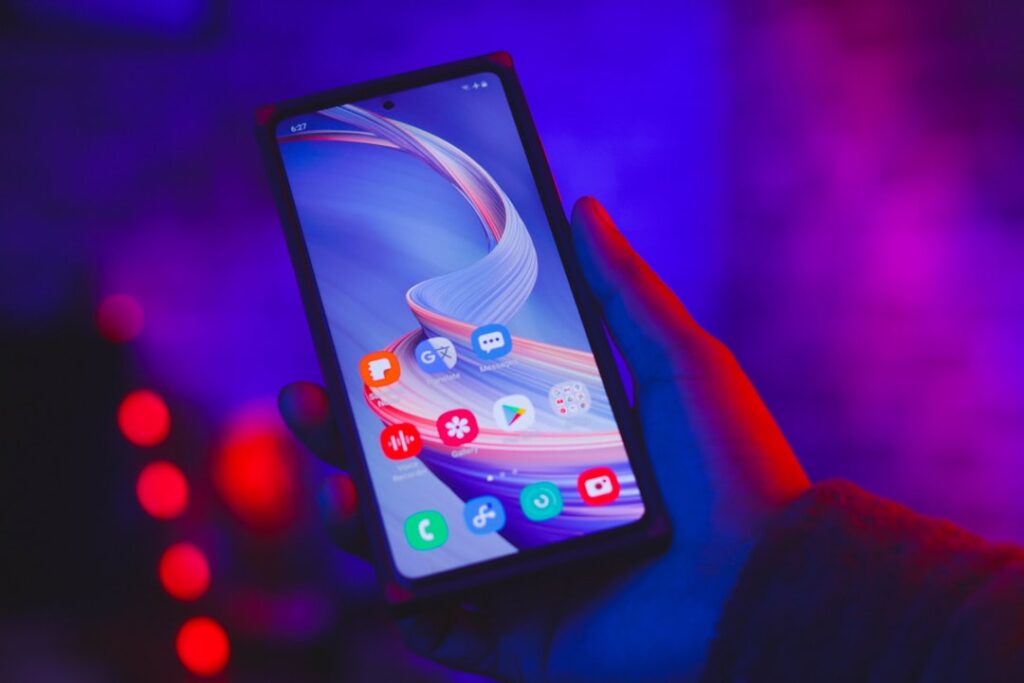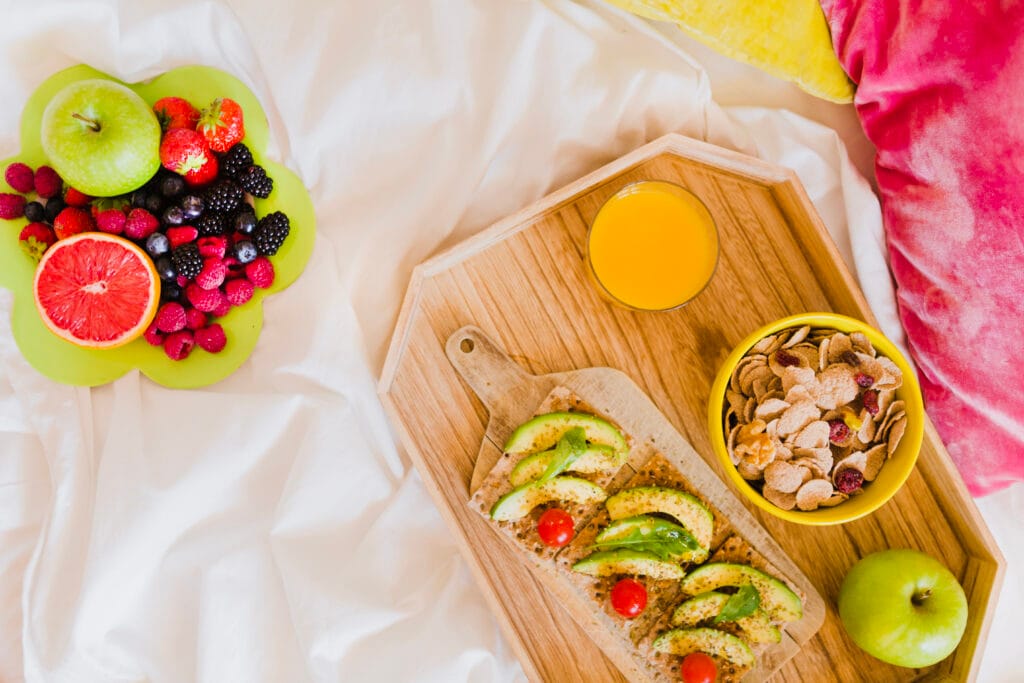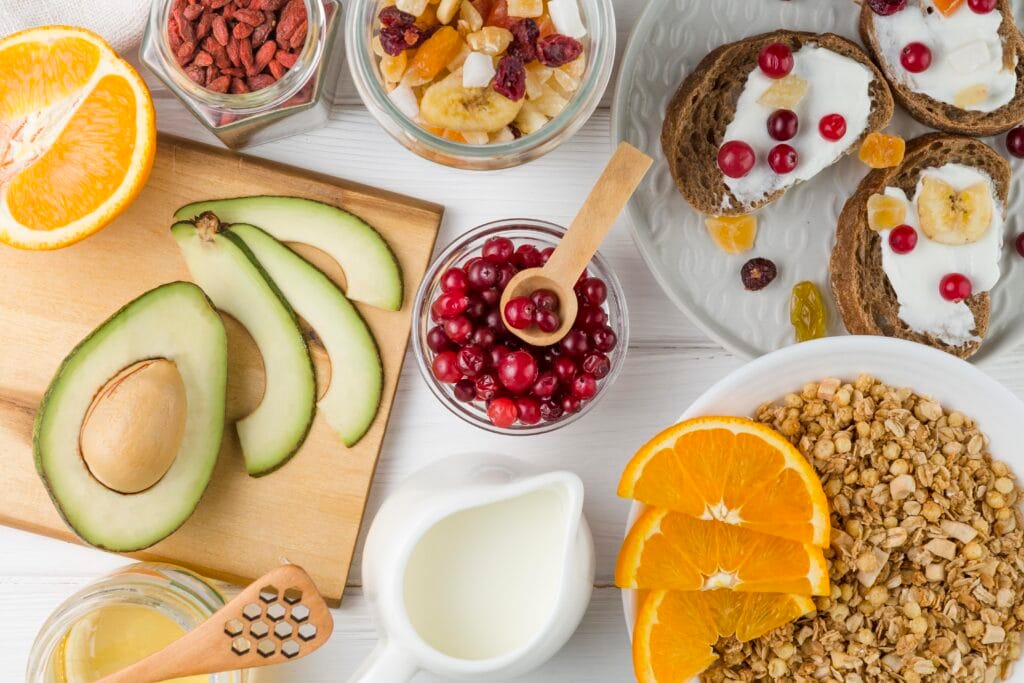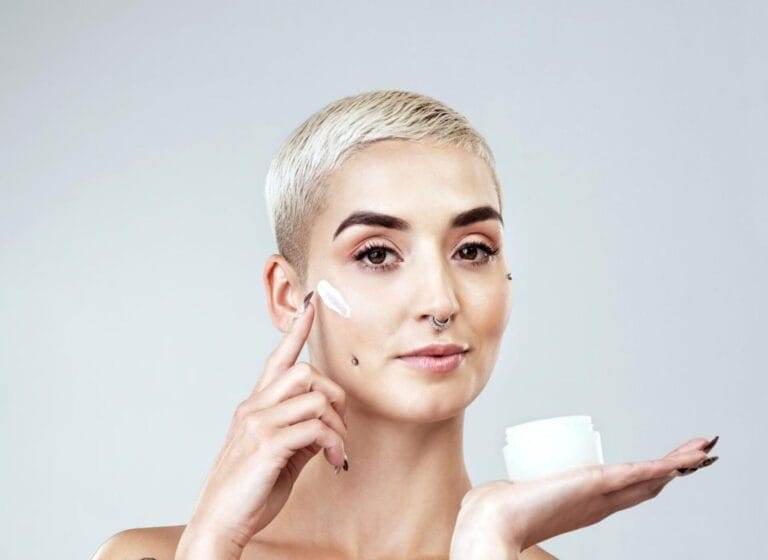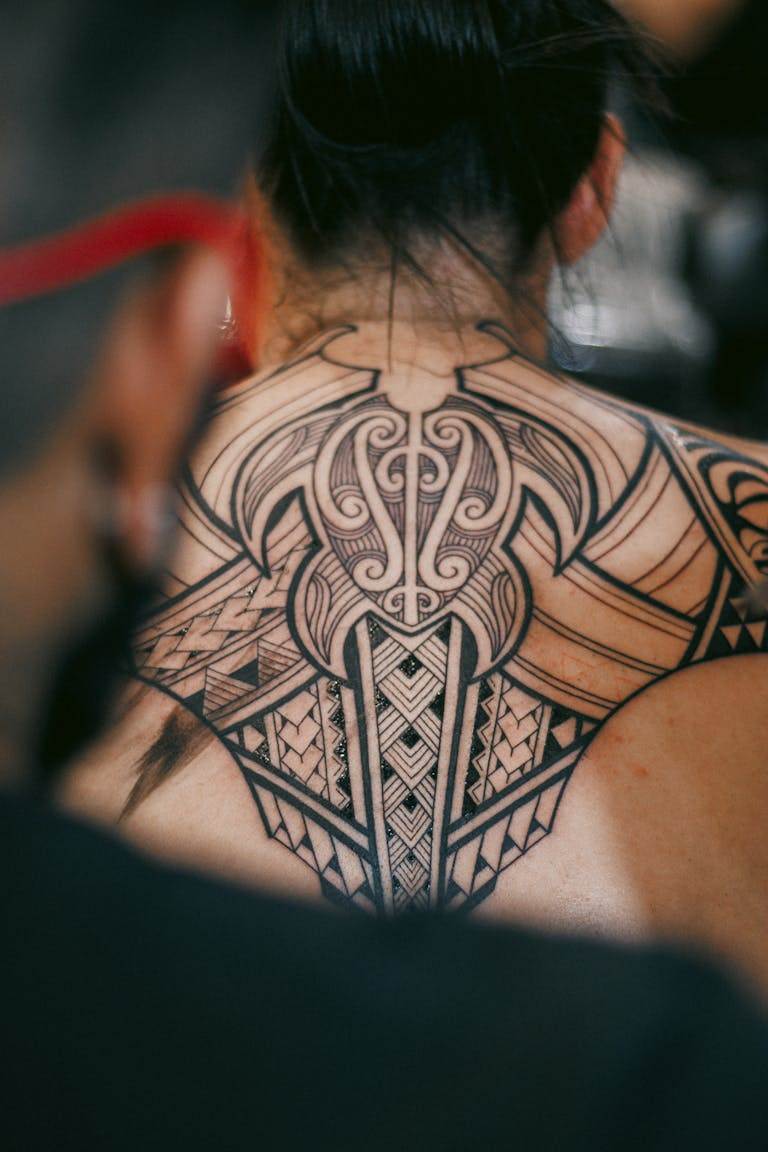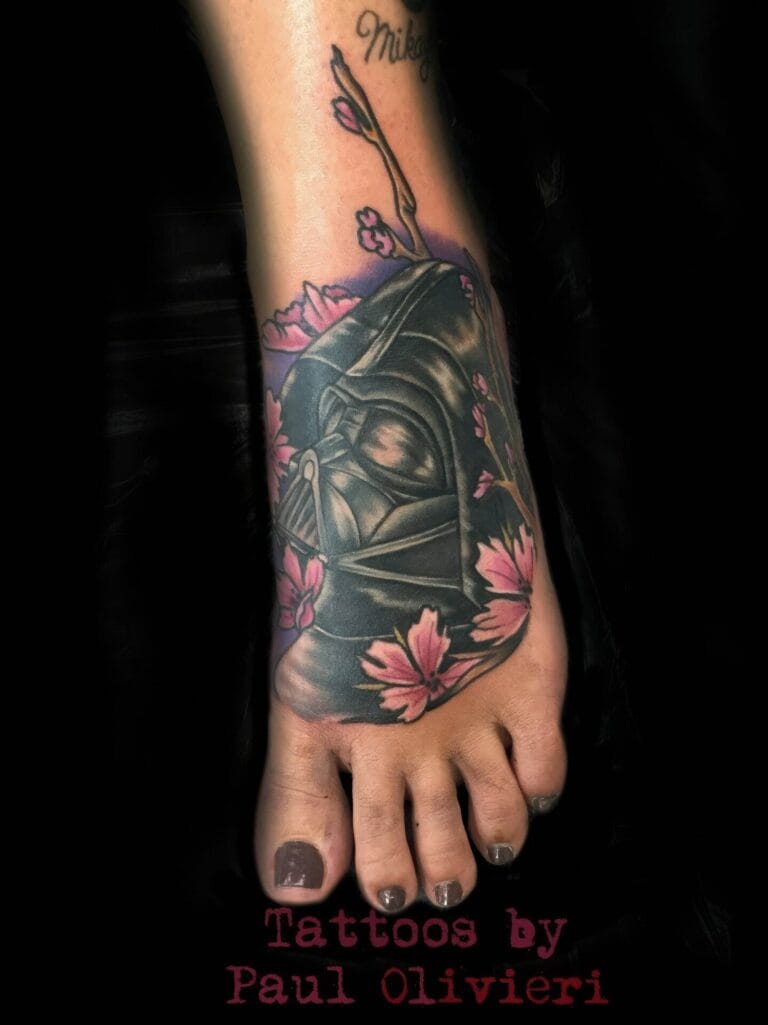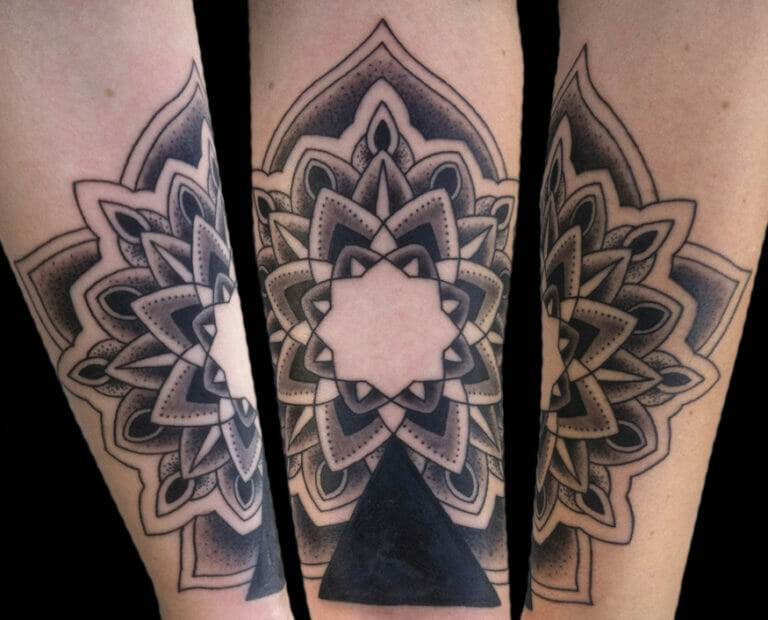
Tattoos have become a significant form of self-expression, art, and identity for many individuals. However, the process of getting a tattoo involves more than just the artistry of the design; it also requires a deep understanding of skin health. The skin is the body’s largest organ, and its condition can greatly influence how well a tattoo heals and how vibrant it remains over time.
Proper skin care before and after getting a tattoo is crucial for ensuring that the artwork not only looks good but also lasts for years to come. In addition to topical treatments and proper aftercare, nutrition plays a vital role in maintaining skin health. A well-balanced diet rich in essential vitamins and nutrients can significantly enhance the skin’s ability to heal and regenerate.
This is particularly important for those considering or already sporting tattoos, as healthy skin can lead to better ink retention and overall appearance. Understanding the relationship between skin health and nutrition can empower individuals to make informed choices that benefit both their skin and their tattoos.
Key Takeaways
- Proper skin health is essential for maintaining the vibrancy and longevity of tattoos.
- Vitamins play a crucial role in promoting healthy skin and can benefit the appearance and healing of tattoos.
- Vitamin A is important for skin cell production and repair, making it essential for maintaining tattoo clarity and vibrancy.
- Vitamin C is vital for collagen production, which helps to keep skin firm and youthful, preserving the integrity of tattoos.
- Vitamin E and D also play key roles in protecting and supporting skin health, making them important for maintaining the quality of tattoos.
Importance of Vitamins for Skin Health
Vitamins are organic compounds that are essential for various bodily functions, including maintaining healthy skin. They play a crucial role in cellular repair, immune function, and overall skin vitality. A deficiency in certain vitamins can lead to a range of skin issues, from dryness and irritation to more severe conditions that can affect the healing process of tattoos.
Therefore, incorporating a variety of vitamins into one’s diet is essential for anyone looking to maintain healthy skin. The skin requires a diverse array of nutrients to function optimally. Vitamins such as A, C, E, and D are particularly important for skin health.
Each of these vitamins contributes uniquely to the skin’s structure and function, helping to protect against damage, promote healing, and maintain elasticity. By understanding the specific roles these vitamins play, individuals can tailor their diets to support their skin health effectively, especially when preparing for or recovering from a tattoo.
Vitamin A: The Skin-Saving Nutrient
Vitamin A is often hailed as one of the most important nutrients for skin health. It plays a critical role in cell production and turnover, which is essential for maintaining a fresh and youthful appearance. This vitamin helps to regulate the growth of skin cells, ensuring that old cells are shed efficiently while new ones are generated.
For those with tattoos, this process is vital as it can influence how well the ink settles into the skin and how vibrant it appears over time. Moreover, Vitamin A possesses antioxidant properties that help combat free radicals—unstable molecules that can cause oxidative stress and damage to skin cells. By neutralizing these free radicals, Vitamin A helps protect the skin from environmental stressors such as pollution and UV radiation.
This protective effect is particularly beneficial for tattooed skin, which may be more susceptible to damage during the healing process. Incorporating foods rich in Vitamin A, such as carrots, sweet potatoes, and leafy greens, can significantly enhance skin health and support the longevity of tattoos.
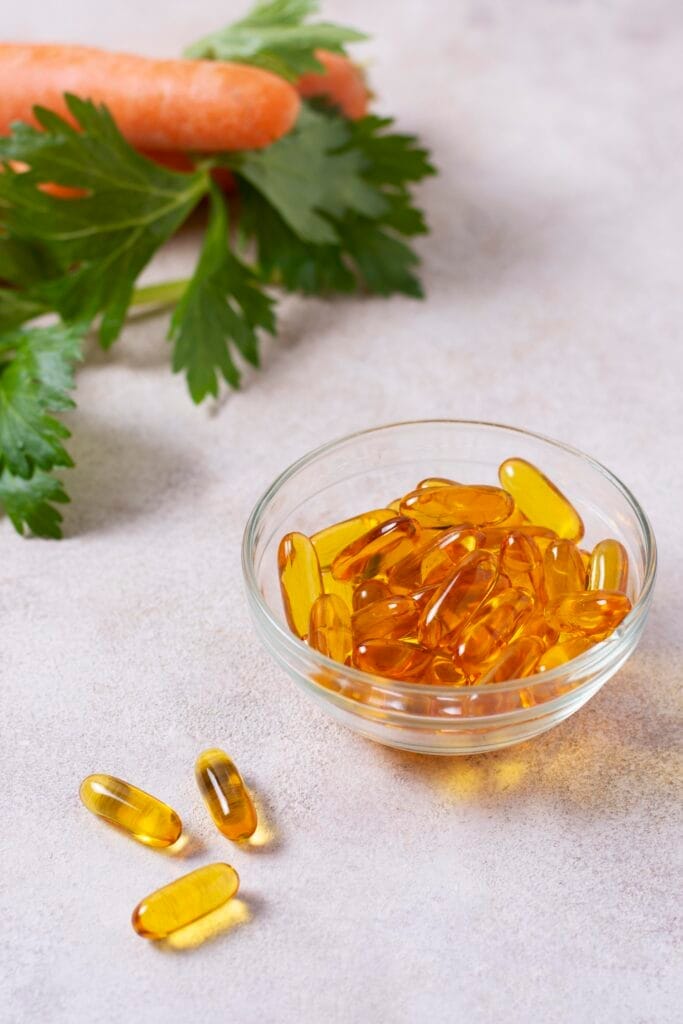

Vitamin C: Boosting Collagen Production
Vitamin C is another powerhouse nutrient that plays a pivotal role in maintaining healthy skin. One of its primary functions is to stimulate collagen production, a protein that provides structure and elasticity to the skin. Collagen is essential for keeping the skin firm and resilient, which is particularly important for tattooed areas that may experience stretching or movement over time.
Adequate collagen levels can help ensure that tattoos remain sharp and well-defined. In addition to its role in collagen synthesis, Vitamin C also acts as a potent antioxidant. It helps protect the skin from damage caused by UV rays and environmental pollutants while promoting healing after tattoo application.
This dual action makes Vitamin C an indispensable nutrient for anyone looking to maintain healthy skin and vibrant tattoos. Foods such as citrus fruits, strawberries, bell peppers, and broccoli are excellent sources of Vitamin C and should be included in a tattoo-friendly diet.
Vitamin E: Protecting Skin from UV Damage
Vitamin E is renowned for its protective properties against UV damage, making it an essential nutrient for maintaining healthy skin. This fat-soluble vitamin acts as an antioxidant, helping to neutralize free radicals generated by sun exposure. For individuals with tattoos, protecting the skin from UV rays is crucial not only for overall health but also for preserving the integrity of the ink.
Overexposure to sunlight can lead to fading and discoloration of tattoos, making Vitamin E an important ally in maintaining their vibrancy. Furthermore, Vitamin E supports skin hydration by enhancing moisture retention. Well-hydrated skin is less prone to irritation and damage during the tattoo healing process.
This nutrient can be found in various foods such as nuts, seeds, spinach, and avocados. Incorporating these foods into one’s diet can provide a natural boost of Vitamin E, helping to protect tattooed skin from environmental stressors while promoting overall skin health.
Vitamin D: Supporting Skin Repair and Regeneration

Vitamin D is often referred to as the “sunshine vitamin” due to its natural production in the body when exposed to sunlight. This vitamin plays a crucial role in various bodily functions, including supporting skin repair and regeneration. For those with tattoos, adequate levels of Vitamin D can enhance the healing process after getting inked.
It helps regulate cell growth and differentiation, which are essential for repairing damaged skin. Additionally, Vitamin D has anti-inflammatory properties that can help soothe irritated skin during the tattoo healing phase. This is particularly beneficial for individuals who may experience redness or swelling after getting a tattoo.
Foods rich in Vitamin D include fatty fish like salmon, fortified dairy products, and egg yolks. For those who may not get enough sun exposure or dietary sources of this vitamin, supplements can also be considered to ensure optimal levels for skin health.
Other Essential Nutrients for Healthy Skin
While vitamins A, C, E, and D are critical for maintaining healthy skin, other nutrients also play significant roles in supporting skin health. Omega-3 fatty acids are one such nutrient known for their anti-inflammatory properties. These healthy fats help maintain the skin’s lipid barrier, which is essential for keeping moisture in and irritants out.
Foods rich in omega-3s include fatty fish, flaxseeds, chia seeds, and walnuts. Zinc is another important mineral that contributes to skin health by promoting wound healing and reducing inflammation. It plays a role in collagen synthesis and helps regulate oil production in the skin, making it beneficial for those with oily or acne-prone skin types.
Foods high in zinc include oysters, beef, pumpkin seeds, and lentils. By incorporating a variety of these essential nutrients into one’s diet alongside vitamins, individuals can create a comprehensive approach to supporting their skin health—especially when it comes to caring for tattoos.
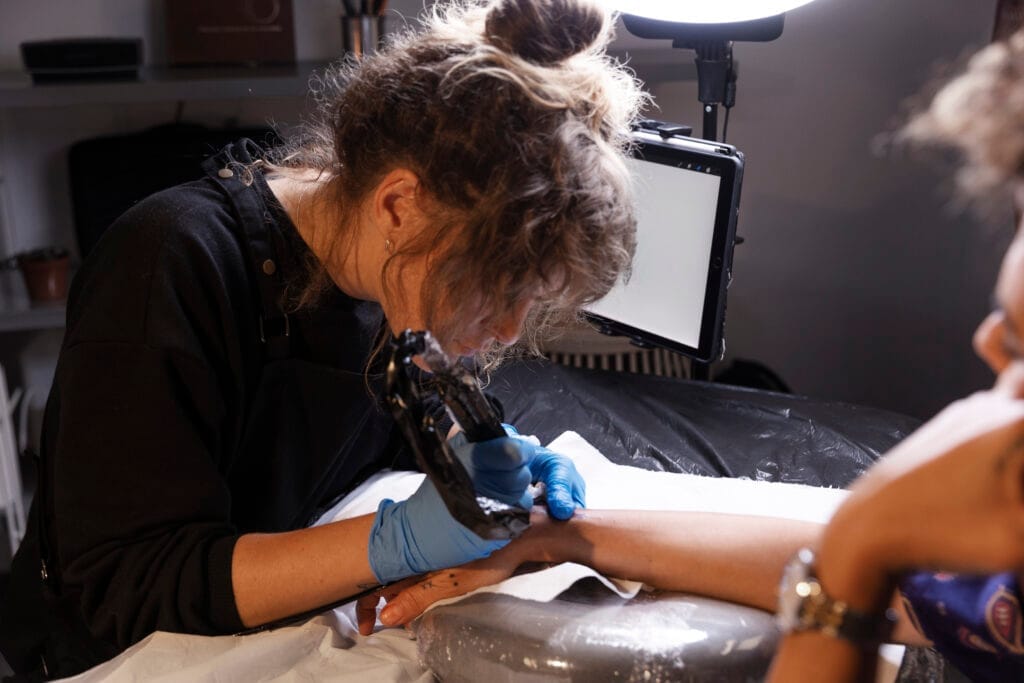

Incorporating Vitamins into Your Tattoo-Friendly Diet
Incorporating vitamins into your diet is not just about enhancing your overall health; it’s also about ensuring that your tattoos look their best over time. A well-rounded diet rich in vitamins A, C, E, D, along with other essential nutrients like omega-3 fatty acids and zinc can significantly improve your skin’s ability to heal and maintain its vibrancy after getting inked. By prioritizing these nutrients, you can create an environment conducive to optimal skin health.
As you prepare for your next tattoo or care for an existing one at Redemption Ink in San Diego, consider how your dietary choices impact your skin’s condition. Emphasizing whole foods rich in these vital nutrients will not only benefit your tattoos but also enhance your overall well-being. Remember that healthy skin is key to preserving the beauty of your body art—so make informed dietary choices that support both your ink and your health journey.
FAQs
What vitamins are important for skin health?
Vitamins A, C, and E are important for skin health. Vitamin A helps with skin cell production and repair, vitamin C is an antioxidant that helps with collagen production, and vitamin E helps protect the skin from damage caused by free radicals.
How do these vitamins benefit tattooed skin?
These vitamins can help maintain the health and appearance of tattooed skin by promoting skin cell regeneration, protecting against damage from the sun and other environmental factors, and supporting the overall health of the skin.
What are some sources of these vitamins in a tattoo-friendly diet?
Foods rich in vitamin A include sweet potatoes, carrots, and leafy greens. Vitamin C can be found in citrus fruits, bell peppers, and strawberries. Vitamin E is abundant in nuts, seeds, and vegetable oils.
Can supplements be used to ensure adequate intake of these vitamins?
Supplements can be used to complement a tattoo-friendly diet, but it’s important to consult with a healthcare professional before starting any new supplement regimen to ensure it is safe and appropriate for individual needs.
Are there any other dietary considerations for maintaining healthy tattooed skin?
In addition to vitamins, staying hydrated by drinking plenty of water and consuming a balanced diet that includes a variety of nutrients can also contribute to the overall health and appearance of tattooed skin.
